10 Most Loaded Statements Of 2010 (So Far)

The Vast Well Of The Unspoken
Loaded statements are like icebergs: There's a little portion that you see, and a much larger portion that lurks below the surface. They typically carry associated meaning that's tied to issues of larger importance, but because they're delivered in an instant, the true import of such statements can sometimes be overlooked.
Loaded statements have been falling from executives' lips with impressive frequency in the first half of the year, a reflection of the intense friction between competing companies grappling for market share. Here CRN looks at 10 executive comments that were more notable for what was left unsaid than what was actually said.
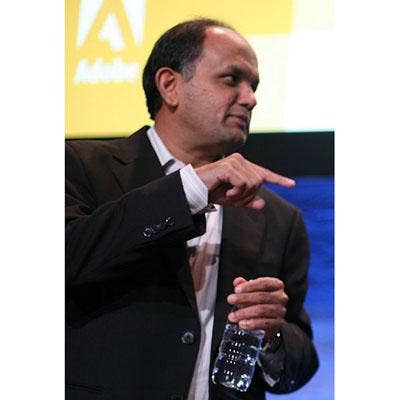
"We expect Flash to be part of all of the devices that count."
-- Adobe CEO Shantanu Narayen, in an interview with Bloomberg Businessweek
Adobe has gone through all of Elisabeth Kubler-Ross' five stages of grief since Apple slammed the door shut on Flash on the iPhone back in April. Now it's in the final stage: acceptance. Yes, Adobe is totally fine with the idea that Flash won't ever find a home on the iPhone, and that's because Adobe has a tight and growing relationship with Google.
The Android army is gaining strength, and Google loves the idea of Flash on Android devices. While it's absurd to suggest that the iPhone won't "count" in the mobile device market, Narayen seems pretty confident in the future of the Adobe-Google partnership. And if Flash can maintain its position in the hearts and minds of a populace whose appetite for mobile and Web content shows no signs of abating, he's got every reason to feel this way.
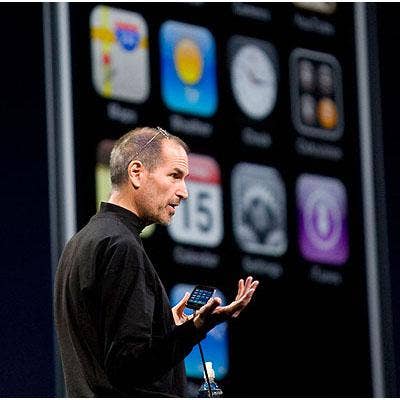
"We don't spend a lot of energy on old technology."
-- Apple CEO Steve Jobs, during an iPad demo given to staffers prior to the device's launch, as reported by Valleywag
Even before the gloves came fully off in the Apple vs. Adobe battle, Jobs wasn't hiding his disdain for Flash. In a promotional tour earlier this year to drum up publisher support for the iPad, Jobs reportedly delivered this zinger, which foreshadowed Apple's eventual face-palm to Flash developers.
Flash's issues running on Macs are well-documented, but Jobs' characterization of Flash as "old technology" effectively signed its death warrant on any Apple platform. Funny thing is, Flash usage is still widespread, and it's managed to find its way onto the Android platform. And Flash alternatives for Web video, such as H.264, have licensing uncertainties that could become expensive for developers down the road.
Nonetheless, Apple isn't going to budge on this. The Flash situation is another example of how Apple can preemptively drop a guillotine on any technology or company that threatens the sanctity of its walled garden.

"We're at a critical point in the industry. There's no silver bullet for meeting demand."
-- Ralph De la Vega, president and CEO of AT&T's wireless and consumer markets, speaking to attendees of CTIA Wireless in March, as reported by The Wall Street Journal
De la Vega is probably glad he's not living in Roman times, when messengers with bad news had to run for their lives. That's because he's had the unenviable task of alerting the IT industry about the bandwidth crunch that carriers are dealing with as a result of bandwidth-gobbling smartphones.
Last fall, De La Vega raised the specter of tiered pricing and became a lightning rod for angry iPhone subscribers who've been dealing with some of the worst service on the planet. At CTIA Wireless in March, De La Vega painted the problem as one that the industry must solve together, smartly deflecting the responsibility away from AT&T.
In doing so, he set the stage for AT&T's subsequently introduction of data caps. This hasn't made De La Vega the most popular executive in the industry, but AT&T did just get the iPhone 4 and is benefiting from the renewed wave of iPhone mania, which has calmed the tension somewhat.
If AT&T keeps its iPhone exclusivity and Apple keeps churning out drool-inducing phones, the carrier will probably keep raking in money and be assured of a steady stream of subscribers. Otherwise, people might wake up to the fact that there is actually a silver bullet for carriers to meet bandwidth demand, and it's called spending the money to add network capacity.

"There are always lots of noises at the beginning of new category."
-- Steve Guggenheimer, vice president of the OEM division at Microsoft, in a June interview with The Wall Street Journal
Google has generated a lot of momentum around Android on smartphones and is starting to do the same with tablets. But Microsoft, whose own tablet strategy is somewhat nebulous, isn't concerned with the inroads that its open source-embracing rival is making in this market.
As is apparent from the quote, Guggenheimer expects things to shake out in tablets as they have with netbooks: Early Linux growth followed by eventual Windows dominance. By dismissing Android's gains as "noise," Guggenheimer is providing Google with bulletin board material and setting the stage for some serious comeuppance if Android keeps eating Microsoft's mobile lunch.
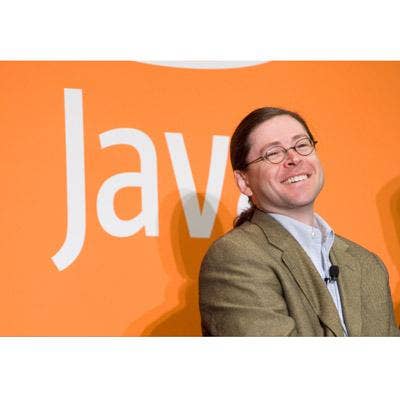
"Go home, light a candle, and let go of the expectations and assumptions that defined Sun as a workplace. Honor and remember them, but let them go."
-- Sun CEO Jonathan Schwartz, in a January e-mail to Sun employees announcing the close of Oracle's acquisition of Sun
When Oracle's acquisition of Sun officially passed muster with the SEC, Sun CEO Jonathan Schwartz urged employees that were staying on to "emotionally resign" from Sun as he announced his own resignation. While noble sounding, it wasn't exactly a ringing endorsement of the Oracle-led future.
Some company cultures live on after acquisitions, but in this case Schwartz was setting the expectation that Sun's would not. In fact, it's the kind of sentiment that teachers and administrators at a decades-old school might express to each other just before their buildings get leveled to make way for a shopping mall or parking lot.
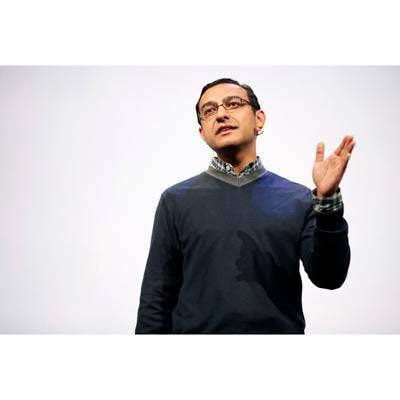
"This is not push notifications designed to compensate for a lack of basic functionality like multitasking in the OS."
-- Vic Gundotra, vice president of engineering at Google, referring to Google's Cloud-To-Device Messaging API
This was one of the several shots Gundotra took at Apple during Google's I/O conference in May in response to Apple giving a collective middle finger to Adobe and Flash developers the month before. While introducing Google's Cloud-To-Device Messaging API, which lets developers push Web-based information down to mobile devices, Gundotra made it clear that this addressed one of the iPhone's biggest shortcomings.
Apple has added a form of multi-tasking in iOS 4, but we can expect Google to keep hammering away at how Android handles this particular function in a way that's superior to the iPhone.
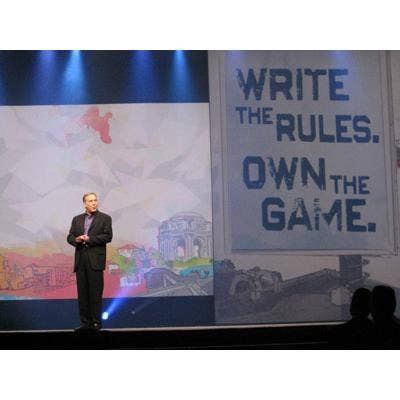
"We fully expect partners to be multivendor, and there's value they can bring. But we have different views of how the world's going to evolve."
-- Keith Goodwin, senior vice president of worldwide channels at Cisco, in a March interview with CRN
When the Cisco-HP battle was heating up earlier this year, solution providers said they were getting more pressure from both vendors to be exclusive. Cisco's Goodwin says it's not about strong-arming HP partners into the Cisco camp, but merely showing them that Cisco gives them the best growth opportunities, both top line and bottom line.
Still, it's hard not to read Goodwin's words as an acknowledgment that partners are, in fact, going to face some tough decisions in the wake of the Cisco-HP divorce, ones that will have a material impact on their businesses. Also implicit in his comments: Not all partners will make the right choices.

"Ultimately what's important is not who is complaining, but whether or not the challenged practices are anticompetitive."
-- Dave Heiner, Microsoft vice president and deputy general counsel, in a March blog post
In March, when Google complained that Microsoft was pushing EU antitrust authorities to look into Google's search and advertising business, you could almost hear the giggles coming from Microsoft headquarters. After all, Microsoft has been grappling with EU antitrust regulators for more than a decade, and is of the opinion that the EU should direct the same scrutiny to other tech companies.
Heiner said this in a blog post, so it's impossible to tell if the statement is dripping with irony, but it's a good bet that Microsoft has been waiting earnestly to wield the "letter of the law" argument against a newly ensnared foe.
Also highly likely: That Heiner gets a lot of high-fives while walking around the Microsoft campus.
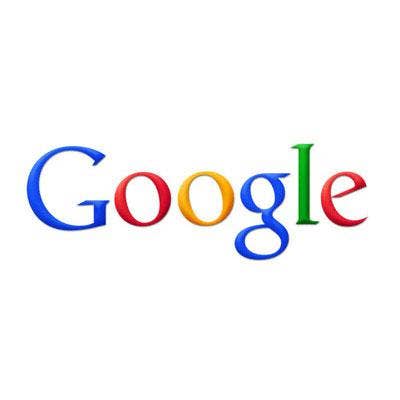
"Microsoft is our competitor and that explains many actions."
-- Google Senior Competition Counsel Julia Holtz, in reference to Microsoft's involvement in the EU Google antitrust probe
Holtz said this after Google realized that Microsoft was behind EU antitrust complaints, and it's akin to saying "Water is wet and that's why my clothes are drenched."
This is also a sign of how Google and Microsoft's skirmishing is getting into cloak-and-dagger territory, with each side looking for any chance to sabotage the other. Holtz seems to be saying, "Hey, at this point the gloves are off, so don't be surprised by anything that comes next."
Or perhaps something more simple, like: "Oh, it's on."
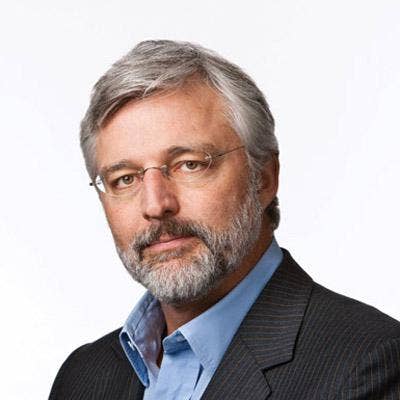
"VARs have to be very cautions of who they partner with. It is a new world. You want to partner with somebody who is going to be around for the long term. "
-- NetSuite CEO Zach Nelson, in a March interview with CRN
It's early days in the cloud computing market, and that's contributing to a Wild West atmosphere. Nelson is suggesting that things are going to shake out at some point in the not-too-distant future, and customers should be careful not to hitch their wagon to companies that aren't up to the rigors of an emerging market.
Saas and cloud computing is a space where ebullient characters have been making bombastic statements, and Nelson is right there in the thick of things. His implication, of course, is that Netsuite gives partners the best possible chance not just for survival, but for prosperity. By raising the specter of economic Darwinism in the cloud market, Nelson gets to strum the strings of fear while also offering a safe harbor.